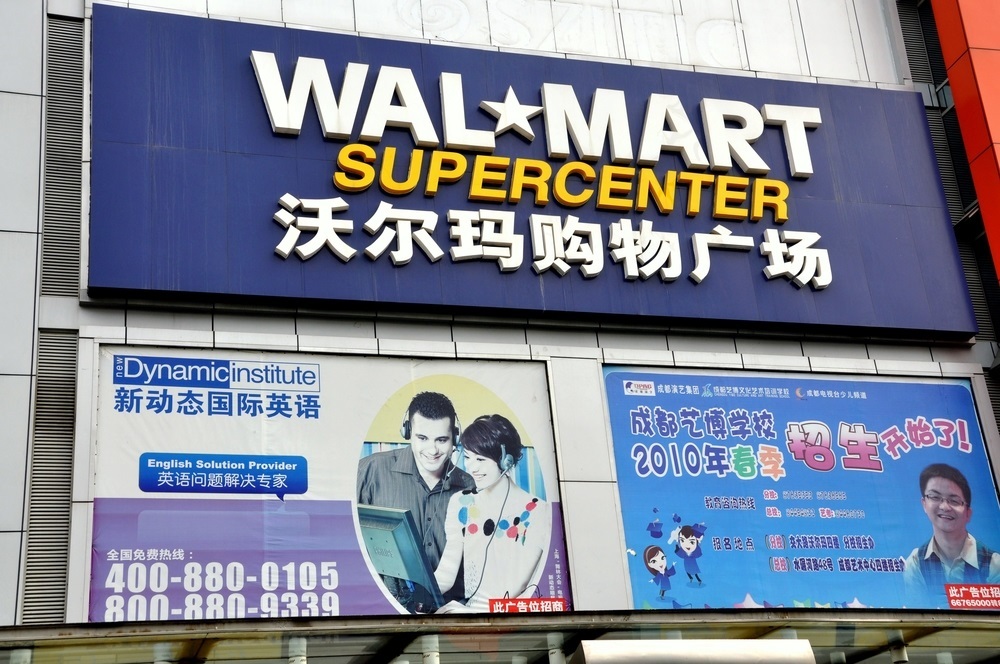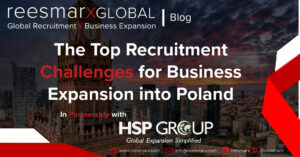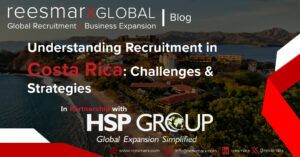The shared ride transportation company, UBER has been the latest organization to admit that expansion plans can be stifled, when it comes to hiring internationally. The company in it’s effort to go global, has run into roadblocks and red tape, when it comes to local jurisdictions, laws and requirements that differ widely in other international locations. The company currently boasts 1,700 employees in fifty countries.
The cultural boundaries of business practice, have proven formidable for the four-year-old company. For instance, in Holland, Uber has not been welcomed with open arms, as authorities have arrested and fined drivers. Currently there are over one hundred positions that Uber is actively recruiting for, and surprisingly, these roles are for international marketing and local communications professionals, to help them bridge the gap and obstacles to their expansion plans.
Tax and Employment Regulations
International tax complexities can complicate hiring practices, in foreign countries. Naturally, each country has its own unique regulations that pertain to vacation time, health and wellness benefits, mandatory sick leave and other concerns. In some countries, the non-disclosure and non-compete agreements that many organizations require, may not even be legal, according to local labor laws.
Those are simply a few of the challenges businesses face. And since most corporate expansion plans are formulated domestically, in the place of business, finding experts who are aware of the legal requirements before you begin hiring, can be a time-consuming necessity.
Corporate Culture Versus Local Expectations and Ethnic Considerations
The attributes of your business culture, that supported growth and success in your own country, may not fit well when applied in other international locations. Ethnic and social considerations must factor into tailoring the corporate culture somewhat, in order to embrace new employees.
And that is a difficult change to navigate, for most businesses. After all, the secret to success in many high-growth organizations lies within the unique culture, that they have worked hard to develop. But many of the unsuccessful attempts at global expansion, even by very large companies, have failed as a result of trying to apply the box standard culture, in all locations.
The retail giant Target was not successful, in a bid to expand into Canada for the same reason. The retailer ended up shuttering all it’s Canadian stores (approximately 200 of them) in 2015, and suffered a $5.4 billion dollar loss. A case study and real-world example, that provided insights and a warning, to other businesses with ambitious but culturally centric expansion plans.
The lack of success experienced by Target was attributed to poor distribution channels, hiring of inexperienced staff, and lack of training resources and local skilled management. A costly mistake that may have been avoided, if the retailer had worked with a Canadian recruitment and onboarding team, during the introduction phase and planning.
It is important to remember that restaurant chains, which are often the best examples of flawless global expansion, tailor hiring practices, operating hours and even menus, to ensure success. While the brand remains the same, the communication style and messaging varies in each new market, helping consumers or B2B businesses rapidly accept, and endorse the brand.
Business and Service Practices
In North America, few things are as familiar as the ‘door greeter’ or individual who bags your purchases at a local Walmart. The services are designed to make each trip to the retailer a service focused, and friendly experience for customers.
In 2007, Walmart was forced to pull out of Germany, after a failed retail expansion that was flawed in terms of applying North American standard retail service, to the German market. Unlike American and Canadian consumers, German’s felt intimidated and even annoyed at the door greeter. Prior to 2007, having someone else place your purchases in a bag, was not common practice in the country. It actually offended German shoppers, to have an employee handle their groceries or retail goods, after purchase.
Another consideration that Walmart executives failed to manage effectively, was the pro-union business climate in Germany. Walmart workers in the United States are not unionized, and predominantly work part-time hours to avoid many of the benefits and privileges that full-time workers in the United States are entitled to. This model, however ethically challenged in terms of business practice, is a fundamental aspect of Walmart’s retail growth strategy. When faced with mandatory union laws, and minimum wage requirements, the retail model no longer worked.
Even the product assortment failed to resonate with German shoppers, who tend to be more environmentally aware and conscious, than North American consumers. The disposable, cheap quality goods were not attractive to German shoppers, who saw little value in a low purchase price, in exchange for lowered expectations for garments, and household goods.
Some focused research on the German market would have saved Walmart millions of dollars in losses. But it was valuable learning that helped Walmart tool expansion plans in Hong Kong, Japan and China. Expansion into China currently represents only 3% of Walmart’s global sales of just under $500 billion dollars per year, but the retailer continues to suffer challenges when it comes to fresh food and groceries, given cultural preferences and considerations.
Our consulting and global recruitment model at reesmarx, was founded on decades of experience addressing similar expansion obstacles. Whether a business is moving from the EU or APAC to the America’s, or trying to expand across Europe and the UAE, we have experienced and understood the problems that medium sized businesses and corporations encounter, while hiring foreign workers.
We train and position some of the world’s best recruiters, in virtually every major market. Within the recruitment industry, reesmarx enjoys a positive and long-standing reputation as a strategic partner, that can help navigate labor laws and communication barriers, by providing a local resource for each client. A dedicated native recruiter, who can mitigate obstacles and save our clients and their businesses both time and money.
To learn more about our global recruitment services, and how we can help streamline the process for your organization, contact us for a free consultation.






